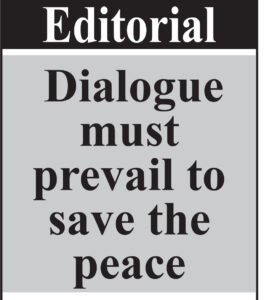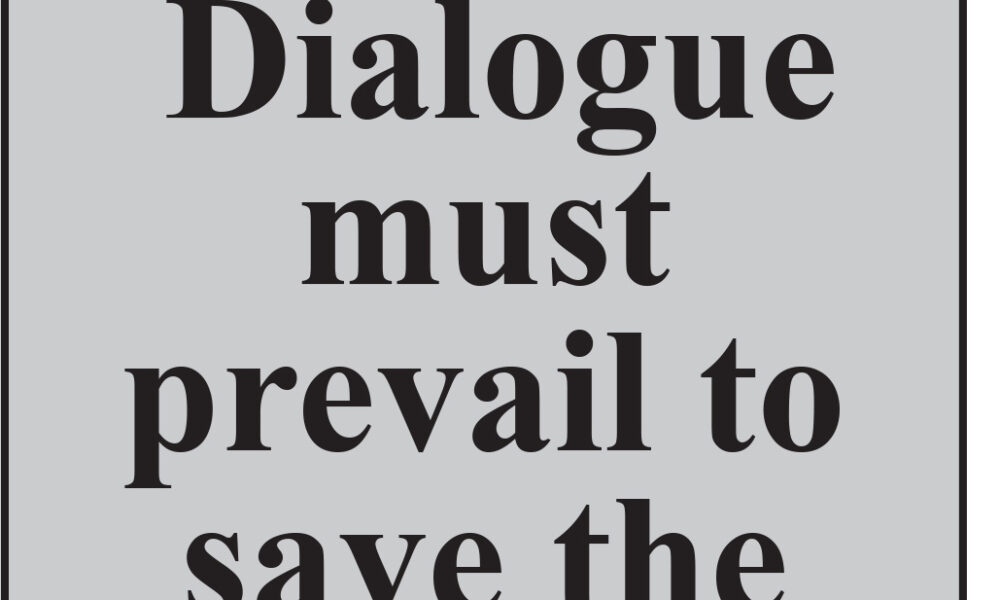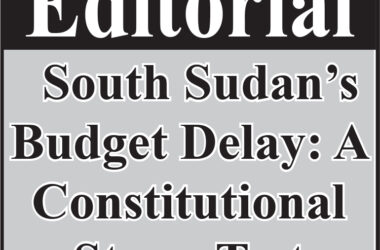
The recent revocation of appointments of key allies of Riek Machar from the Transitional National Legislative Assembly and Council of Ministers by President Salva Kiir has left many citizens uneasy considering the already fragile political landscape.
The timing and targets of this latest move raise concerns about the durability of the Revitalized Agreement on the Resolution of the Conflict in South Sudan (R-ARCSS) despite the rationale for these revocations not being made public.
For many who lived through the years of conflict, any sign of political friction at the top feels like a warning that the hard-earned peace could be slipping away. This development risks undermining the spirit of inclusivity and power-sharing that the peace accord was built upon.
The Revitalized Peace Agreement was not just a document signed by South Sudan’s leaders. It was a promise to the people to end the fighting and provide a chance to rebuild, and also a promise to a future where political disagreements would be resolved through dialogue.
The parties to the R-ARCSS need to convene to address grievances, clarify intentions, and recommit to the principles of cooperation.
The desire of the citizens is simply for the leaders who signed the peace deal to talk to each other, listen to each other, and put the country first because the suffering, displacements, the fear and hunger caused by war are still fresh in people’s memories. No political seat or ministerial post is worth the return of that pain.
The peace agreement has given South Sudan some sort of calm and a glimmer of a united future and must therefore be protected at all costs.



